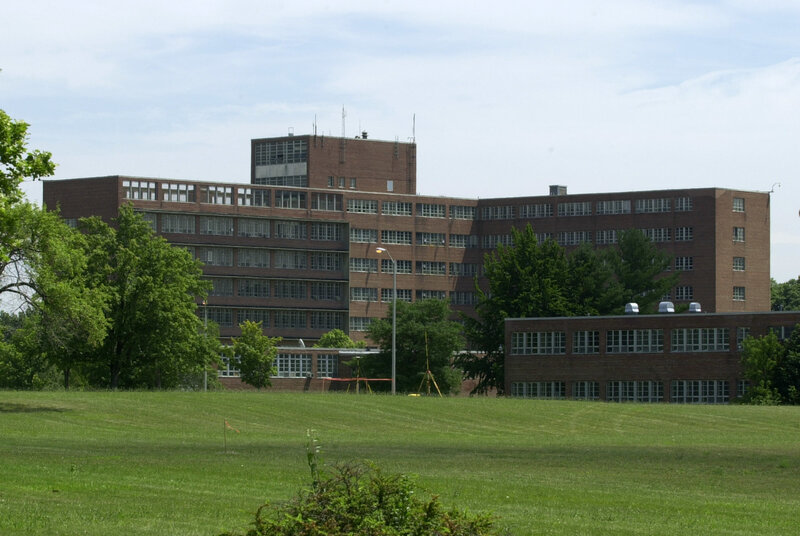By: Jenilyn Brhel
Impunity Watch Reporter, Europe
WARSAW, Poland – The Simon Wiesenthal Center, a Jewish human rights organization, is considering issuing a travel advisory for Jews traveling to Poland.

The travel advisory is being considered in light of a recent spike in anti-Semitism in Poland following the passage of a new law imposing fines and prison sentences for individuals who suggest that Poland was complicit in the Holocaust. Over three million Polish Jews were murdered in the country during the genocide. Only ten percent of the Polish Jewish community survived. Several of the most deadly death camps run by the Nazi regime were constructed and run in Poland.
The “Holocaust Speech Law” has been condemned internationally and spurred a bitter feud between Israel and Poland.
Israeli Prime Minister Benjamin Netanyahu criticized the law, which takes effect on February 28th, saying “One cannot change history, and the Holocaust cannot be denied.”
The travel advisory, if issued, would “urge Jews to limit their travel to Poland only to visit ancestral graves and Holocaust-era death camps,” the Simon Wiesenthal Center said in a statement issued on February 22nd.
“In wake of the controversial new Holocaust Law in Poland and the anti-Semitism it has unleashed that has left the Jewish community shaken, the Simon Wiesenthal Center is considering issuing a Travel Advisory for world Jewry.”
More than 8,000 people in Poland, including many liberal Poles, troubled by the Holocaust Speech law’s passage and the rise in anti-semitism and hateful rhetoric, have signed a letter to “our Jewish friends” denouncing the escalating wave of hatred.
Jews in Poland are fearful of discrimination and persecution in the wake of the bill’s passage. Many are worried the law’s passage could trigger violence against Jews in the country.
Matylda Jonas-Kowalik, a student at Warsaw University in Poland, worries for her safety. “This is my home. I have never lived anywhere else and wanted this to keep being my home… “But this makes me very anxious. I don’t know what to expect.”
An open letter posted to the Union of Jewish Communities website in Poland calls the Polish government to action. The letter states in part, “as representatives of Polish Jewish organizations, we call on public institutions, police, media outlets, schools, and members of the Polish public to combat anti-Semitism, and we are eager to cooperate with them in this critical mission.”
For more information, please see:
ABC News – Polish Jews Stunned, Scared by Eruption of Anti-Semitism – 17 February 2018
CNN – Poland’s Jewish Groups Say Jews Feel Unsafe Since New Holocaust Law – 20 February 2018
The Guardian – Poland’s Jews Fear for Future Under New Holocaust Law – 10 February 2018
Newsweek – Nazi Hunter Group Mulls Warning Jews Against Travel to Poland in Wake of Holocaust Law – 22 February 2018
Reuters – Jewish NGO Simon Wiesenthal Center Considers Travel Advisory for Poland – 22 February 2018


